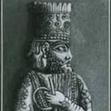Thomas Yaeger's Blog, page 17
June 19, 2017
Eighteen Meditations
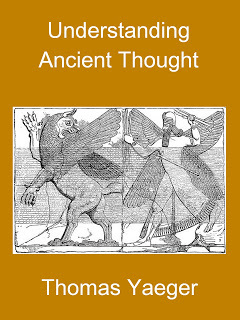
Understanding Ancient Thought (published August 29, 2017. Available for pre-order from August 8th).
Eighteen meditations on our understanding of ancient history, on the importance of philosophical ideas in antiquity, and also on our understanding of the human mind, then and now.
The ancient world is often very mysterious to us, since its inhabitants thought within quite different models of reality. After the passage of two or three millennia, it is hard for us to make sense of the assemb...
Published on June 19, 2017 09:23
Nineteen Meditations

Understanding Ancient Thought (published July 10, 2017).
Nineteen meditations on our understanding of ancient history, on the importance of philosophical ideas in antiquity, and also on our understanding of the human mind, then and now.
The ancient world is often very mysterious to us, since its inhabitants thought within quite different models of reality. After the passage of two or three millennia, it is hard for us to make sense of the assemblage of information which has survived the...
Published on June 19, 2017 09:23
June 1, 2017
A Mesopotamian Perspective on the Origins of Philosophy
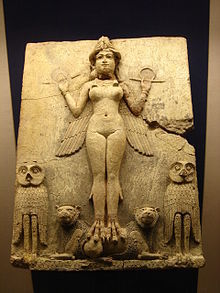
(An extract from correspondence with the philosopher Adrian W. Moore, concerning The History of the Infinite).
From: Thomas YaegerSent: 16 April 2017 18:46To: Adrian W. Moore Cc: Thomas Yaeger Subject: A History of the Infinite, and The Sacred History of Being
Dear Adrian,
I still haven't got round to writing a compact review of your radio series on 'The History of the Infinite', but I will get around to it eventually. In the meantime the ten episode summaries have been accessed 1266 times...
Published on June 01, 2017 10:07
May 27, 2017
Excellence and the Knowledge of Divine Things
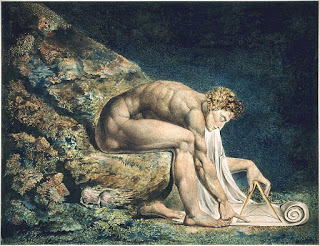
[This is a draft book chapter. Text uploaded May 27, 2017]
There is a telling passage in the seventh section of Plutarch’s ‘Life of Alexander’, concerning esoteric thought. It is couched in interesting terms, which we rarely associate with things which are hidden because they are associated with divine things. Alexander’s father, Philip of Macedon,
seeing that his son was easily led, but could not be made to do anything by force, used always to manage him by persuasion, and never gave him order...
Published on May 27, 2017 10:57
May 23, 2017
Unwritten Doctrine, Ancient Silence
Plato was quite explicit in the Timaeusthat it was not possible to tell all men about ‘the Father of the Gods’. It follows from this that if, as in Plato’s case, doctrine comes from an understanding of the divine, then there must be an unwritten doctrine beneath the written texts which contains at least what makes sense to Plato himself, and perhaps an inner circle of peers or advanced students.*[1]
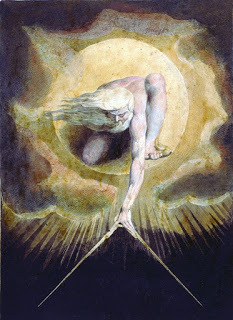 It is often assumed by students of antiquity that there is no special importance to be attache...
It is often assumed by students of antiquity that there is no special importance to be attache...
Published on May 23, 2017 05:25
May 2, 2017
Understanding Ancient Thought
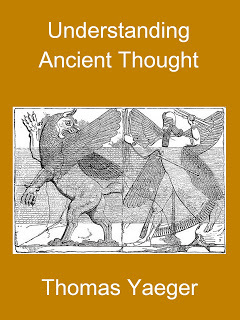
My new book, which is now expected to be published July 10, 2017.
This book is a compilation of nineteen essays drawn from a number of times and places. Some short, some long. All of them are meditations on our understanding of history (mostly ancient history), on the importance of philosophical ideas in antiquity, and also on our understanding of the human mind, then and now.
The ancient world is often very mysterious to us, since those who peopled that world believed different things....
Published on May 02, 2017 07:57
Understanding Ancient Thought (in preparation)
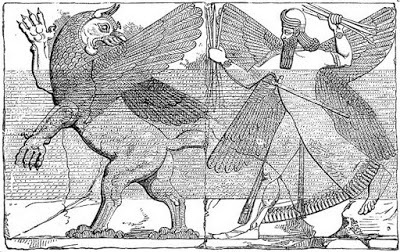
First look at my new book, which should be available in June.
This book is a compilation of essays drawn from a number of times and places. Some short, some long. All of them are meditations on our understanding of history (mostly ancient history), on the importance of philosophical ideas in antiquity, and also on our understanding of the human mind, then and now.
The ancient world is often very mysterious to us, since those who peopled that world believed different things. After the pas...
Published on May 02, 2017 07:57
April 28, 2017
Ancient Conjectures, and Fictive Intellectual History

The following text is an extract from a chapter in my forthcoming book, Abstract Conception in Greece and Assyria. It concerns the question of whether or not there was a philosophical basis for the development of religious concepts in antiquity, informing ritual, liturgy, divination, sacrifice, and the worship of images; and therefore, as a consequence, philosophy was not the exclusive possession of the Greeks in the 1st millennium B.C.E.
This argument of course turns the received view...
Published on April 28, 2017 05:38
April 8, 2017
The Raft of the Medusa
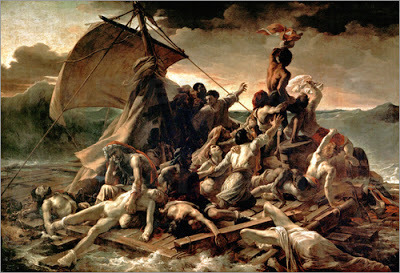
The past, as has been observed, is another country. Much of what we acquire as education and understanding takes us further away from the possibility of entering into that foreign land, with each generation that passes. As a consequence, piecing together the past can sometimes involve a good deal of supposition, and much of this is done without any real consciousness that suppositions are being introduced.
In an age where both ideas of realpolitik and the centrality of ideology and different v...
Published on April 08, 2017 05:10
April 2, 2017
Five articles on Plato
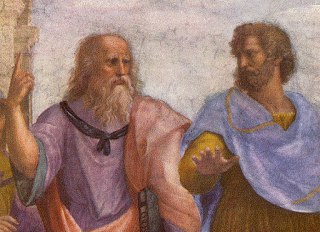
I've gathered these together, since they are scattered through the blog. The chapter extract on the Platonic Theory of Being is from 'The Sacred History of Being'. The others are free-standing blog posts. The text of 'Logical Modality in Classical Athens' will form part of a chapter in 'Abstract Conception in Greece and Assyria'.
Justice and the Harmony of the Soul
Plato's Point of View (and why we think he doesn't have one)
Sameness and Difference in Plato
The Platonic Theory o...
Published on April 02, 2017 07:00

